10
Award honours Andreas Hierlemann for his efforts in promoting entrepreneurship
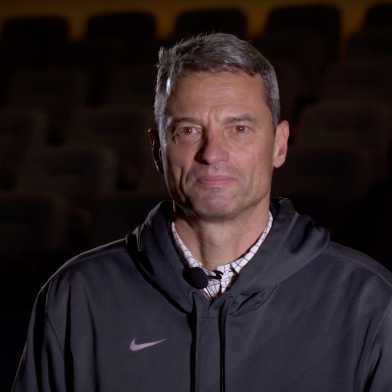
With the Dandelion Entrepreneurship Award, the ETH Entrepreneur Club and ETH AI Center recognise faculty members who “encourage talented people to take a leap into the market”. Nominated by ETH students, PhDs and Post- Docs, Andreas Hierlemann receives the prize in 2022 in the D-BSSE. Well deserved: since 2008, the spinoff companies Zurich Instruments, InSphero, Shift Cryptosecurity, Validity Labs, and Maxwell Biosystems originated from his Bio Engineering lab. Congratulations, Andreas!
Public Tour to the Bioprocess lab
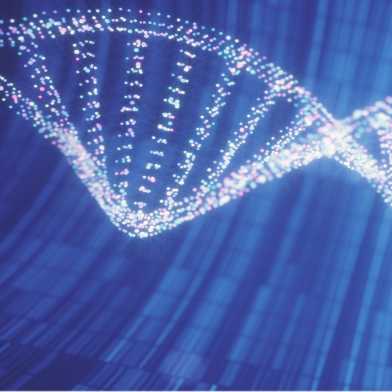
On 22 November, the Bioprocess lab is opening its doors, introducing the public to the great potentials of synthetic biology. This one-hour lab visit will be held in German, registration is required!
“We are in the process of building a Micro-and-Nano-Technology Hub here in Basel”
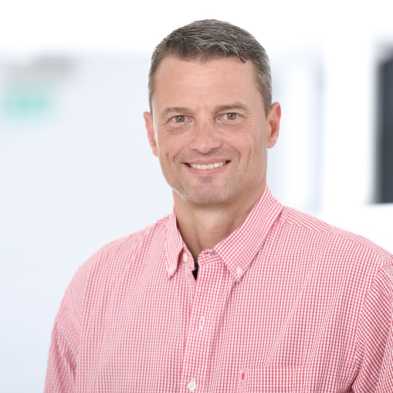
The Cleanroom is one of the core scientific facilities at D-BSSE. Once the Cleanroom has moved into BSS, the department’s new home, its size will have tripled, providing large-enough spaces and instruments to users from academic and industrial partners who fabricate devices at micro- and nanometre scales. Interview with Andreas Hierlemann, Liaison person for the Cleanroom Facility.
Last-resort antibiotics prepare E. coli membranes for disruption
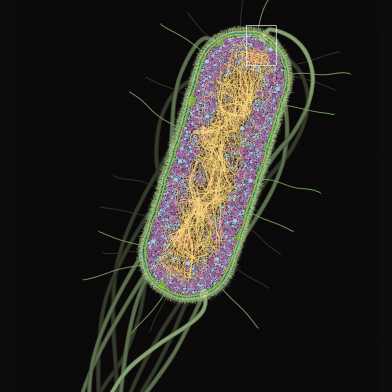
Polymyxins are considered last-resort antibiotics which are still effective against multi-drug resistant pathogens. In a study published by Nature Communications, Selen Manioglu and colleagues from the Biophysics group and the Biozentrum, University of Basel, now describe their mechanistic effect at the molecular level. Using atomic force microscopy imaging, the results show that Polymyxins bond to membrane lipids and the newly formed crystalline structure weakens the membrane until it bursts.
Mapping human brain development
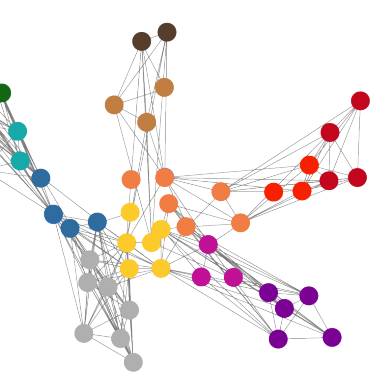
Researchers from the group of Barbara Treutlein are growing human brain-like tissue from stem cells and are then mapping the cell types that occur in different brain regions and the genes that regulate their development.
Meet Yingjun Liu focusing on novel tools for understanding neurodegenerative diseases
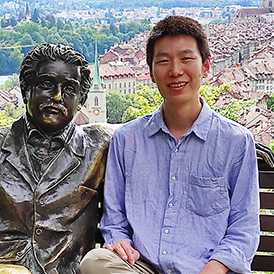
The neurobiologist from PR China dreams of a paradigm shift in neurodegeneration research to speed up technological advances in this discipline. Before he joined the Biological Engineering lab of Randall Platt he spent the past seven years at the University of Zurich working on brain aging and human prion disease. Yingjun is very enthusiastic about both his work and Basel, the ease of living, public transport and the different Swiss German dialects.
Testing drugs for cardiotoxic properties
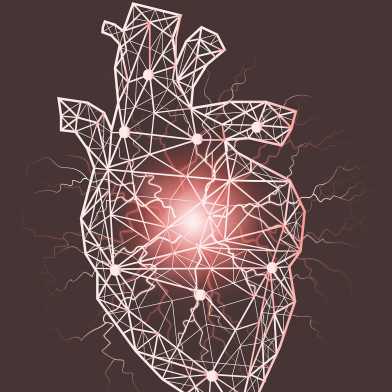
Pharmaceutical compounds may have cardiotoxic properties, triggering potentially life-threatening arrhythmias. To investigate the effects of drugs on heart muscle cells derived from human stem cells, researchers around Andreas Hierlemann developed an electrophysiological technique for high-density microelectrode arrays, which enables to record intracellular-like signals. This technique may be routinely used in in vitro platforms for cardiotoxicity screening.